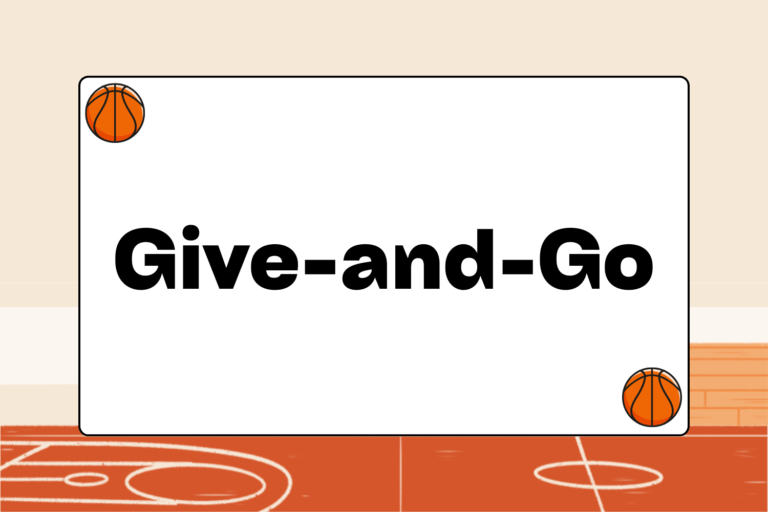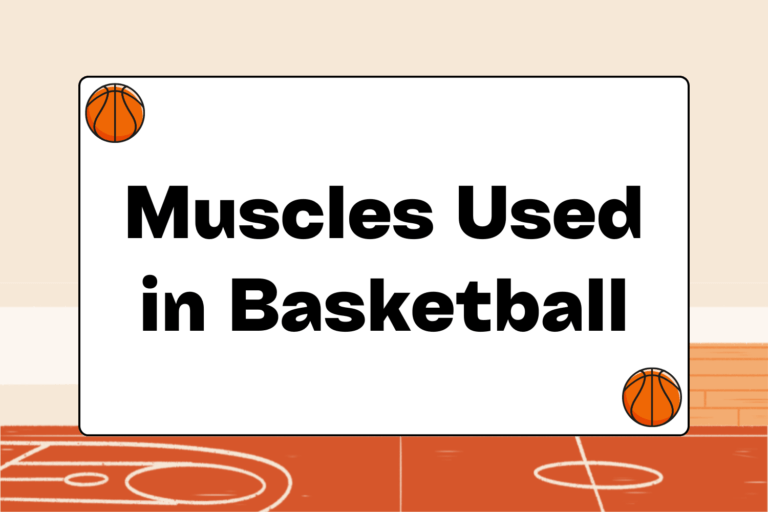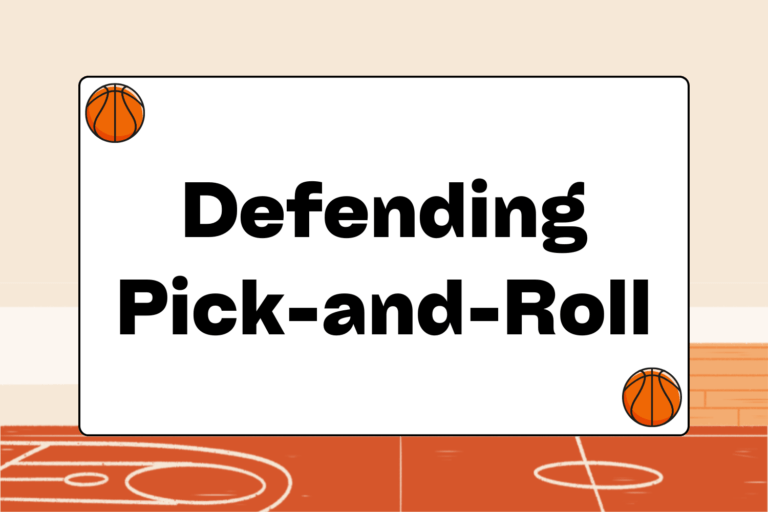Getting the right amount of rest is an important part of all physical activity. However, it’s especially important in basketball, which is among the most physically demanding organized sports. Rest allows your muscles to rebuild strength and repair injuries. It also helps a player maintain emotional and mental balance between activity on the court, at work, at home, or in the classroom.
Failing to add rest to your routine can have damaging results — many injuries are the product of overwork. Joint pain, muscle strains, and tendonitis are common byproducts of insufficient rest. Minor injuries are almost always aggravated by not spending enough time off the court. In some cases, limiting recovery time can lead to overtraining syndrome.
Overtraining Syndrome
Training in itself doesn’t build muscle strength and lead to improvement on the court. In fact, training without proper rest impedes muscle development by breaking down muscle fiber without letting it regenerate on its own. Rest and recovery between workouts, practices, or scrimmages enables muscles to develop properly, leading to greater levels of strength and endurance.
Unfortunately, many motivated athletes train every single day because they think staying in the gym for as long as possible is the only way they can improve. This leads to a physical imbalance called overtraining syndrome.
Overtraining syndrome describes the physical and emotional breakdowns that result from overworking your body. When a player works too hard to improve for an extended period of time, the typical amount of rest is no longer helpful for recovery. This is similar to burnout. It’s cumulative fatigue that hounds a player even when he’s recovering away from the basketball court.
Overtraining happens far more frequently than it should in basketball, especially toward the middle or end of the season when players have been playing for months. It’s important for players to recognize when their bodies need rest and for coaches to give players days off. Getting back on the court after resting can be rejuvenating for the body and spirit.
Mental Edge
It’s helpful to use a training log to measure how your body feels and how motivated you are to play. This can help you establish regular recovery needs and get the right amount of rest — before it’s too late.
How to Rest
It sounds simple, but getting the right type of rest isn’t always easy. After an intense practice or game, hopping in the shower and cooling off might not be enough. Rest often goes hand-in-hand with:
- Restoring strength with nutrition: Knowing how to rest means replenishing with fluids and protein-heavy meals after intense practices or games.
- Ice, compression, and elevation: Immediately after a game, rest should include icing, using braces or wraps, and elevating any swollen or uncomfortable body part. Never let minor tweaks turn into long-term injuries because you failed to rest properly.
- Low-impact, cool-down exercises: A brief turn on an exercise bike, a light jog around the gym, and a light stretch can speed up recovery time.
Sleep Recovery
“Take rest; a field that has rested gives a bountiful crop.”
Ovid
Noted Roman poet
While proper nutrition and training recovery have been researched and emphasized to athletes for years, sleep recovery hasn’t received the same attention from coaches and trainers. However, getting enough sleep is essential for basketball players, especially for youth players who’re still growing.
Several studies have indicated that the average 10-13 year-old needs between 9 and 11 hours of sleep each night. And a recent study published in the New York Times says that professional basketball players need at least nine hours of sleep, and that most players in the National Basketball Association (NBA) have adopted the habit of taking a game-day nap.
There’s a good chance that competitive players of all ages need more sleep than the average person. Sleep deprivation can undermine muscle recovery and motivation for the game. On the other hand, the right amount of sleep produces human growth hormone and helps synthesize glycogen, which helps turn food into energy. This is especially important for youth players, who need sleep to:
- Help build muscle and grow taller
- Fight injury and infection
- Strengthen memory skills
- Build their immune system
Rest Now, Play Later
A good training program includes six days of activity and one full day of rest each week. Activity should be broken up between conditioning and strength training, and it should vary in intensity. Intense workouts should always be followed by cool-downs and rest periods.
Competitive basketball players are tempted to get on the floor and play as much as possible. Getting on the court becomes a habit that’s hard to break — that’s how players get better. However, you’ll see quicker results if you properly alternate rest and practice.





